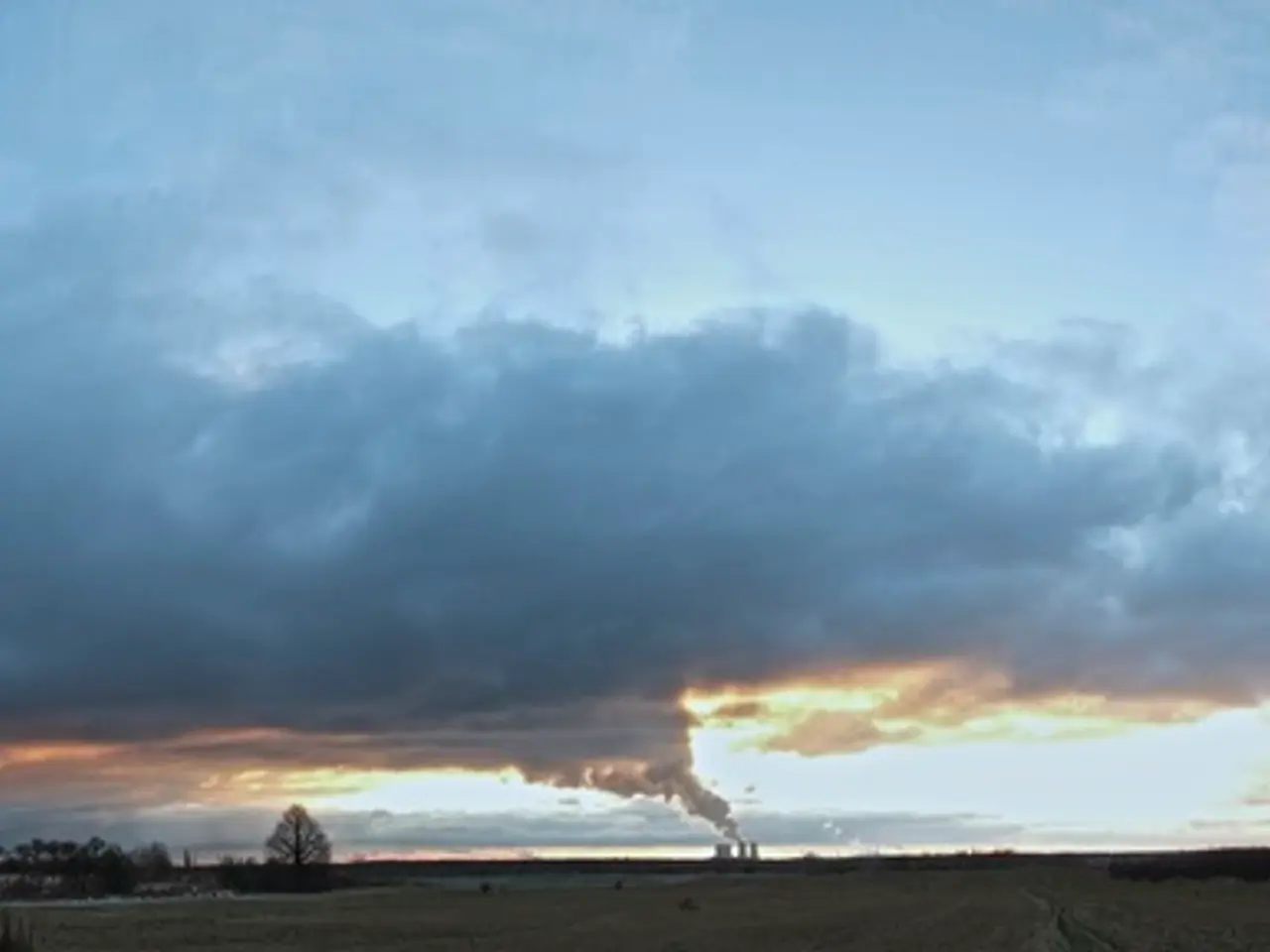Trump's EPA met resistance from the National Academy of Sciences on matters concerning climate change regulations.
The Trump administration's proposal to revoke the 2009 'endangerment finding' that declares climate change a threat has sparked controversy, with mainstream scientific groups, environmentalists, and even the National Academy of Sciences (NAS) voicing their opposition.
The NAS, established in 1863 under President Lincoln, has played a significant public role in scientific policy for over a century, including consulting on the Clean Air Act. In a recent report, the NAS states that the EPA's 2009 finding that human-caused emissions of greenhouse gases threaten human health and welfare is accurate and reinforced by stronger evidence. The report also emphasizes the importance of addressing the potential harm to human health and welfare from changes in the climate, as it is actionable now.
The NAS report warns of a future in which climate-induced harm continues to worsen and today's extremes become tomorrow's norms. It states that harm to Americans from climate change is real, with people exposed to more extreme heat, air pollution, and extreme weather events. Human activity is causing the release of greenhouse gases that are warming the planet, increasing extreme temperatures, and changing the oceans, according to the NAS.
The Trump administration, however, maintains that although climate change is real, its future effects are unclear and likely weaker than projected by many mainstream scientists. The Department of Energy, under President Trump, has suggested that climate models used by scientists to predict warming have overreached and that there are advantages to a world with more carbon. The White House spokesperson claims that the Trump administration is producing 'Gold Standard Science' and that the endangerment finding had been misused to justify expensive regulations.
The administration also contends that U.S. cuts in greenhouse gas emissions would mean little globally. However, this assertion has been met with criticism, with the NAS report stating that eliminating the 'endangerment finding' could strip pollution limits from cars, power plants, and other major sources across the country.
Mainstream groups such as the American Meteorological Society and a group of 85 climate experts have also criticized the administration's work, finding it 'full of errors, and not fit to inform policy making.' The Trump administration's work on climate change has been met with strong criticism from the scientific community, including dozens of experts who described it as filled with errors, bias, and distortion.
Environmental groups are challenging the administration's documents in court. The EPA stated that the endangerment finding was used by the Obama and Biden administrations to justify trillions of dollars of greenhouse gas regulations, and that many of the 'extremely pessimistic predictions and assumptions' have not materialized as expected.
Phillis, as reported by the Associated Press, covers this topic extensively. The president of the committee of the National Academy of Sciences, which declared the impact of climate change on the health of the U.S. population as 'beyond scientific dispute,' is Neil H. Shubin. The NAS report responds to Trump administration efforts to revoke the 2009 U.S. government finding that declares climate change a threat.
Read also:
- Amidst India's escalating climate crisis, transgender individuals continue to persevere
- Contentious Discussion Surrounding the Movie Release of "Planet of the Humans"
- Germany's three-month tenure under Merz's administration feels significantly extended
- Norway set to allocate proceeds from sales of tickets for a soccer match against Israel to Médecins Sans Frontières (MSF)








